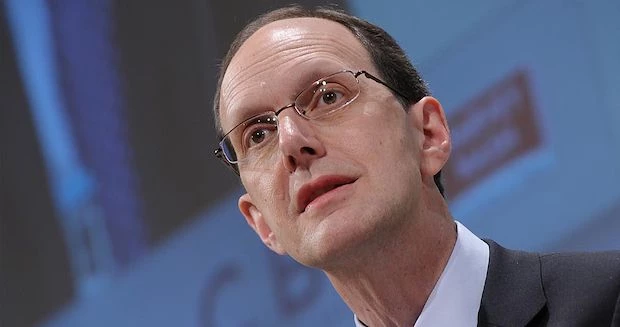
Partner Article
Business leaders call to extend free childcare
The CBI has called on the Government to boost living standards for low income and working families by raising the threshold when employees pay National Insurance and expanding free childcare to one and two year-olds.
The CBI said the slow pace of the UK’s economic recovery had “hit people’s finances hard”, and “immediate help” from the government was needed.
The CBI, which represents more than 190,000 businesses, is set to launch a new report, ‘A better off Britain’, at its annual conference in London later today.
According to the CBI, the average couple with two children saw their income fall by £2,132 a year in real terms between 2009/10 and 2012/13. Working families, those on low incomes, and younger workers have found recent years the most difficult.
Families have been hit by rising childcare costs and employees have seen less of the money employers spend on them, with more going into National Insurance contributions and pensions according the the CBI.
The CBI is calling for a reduction in employee NICs by raising the threshold at which it is paid by staff to £10,500 in a series of steps until 2020/21.
This will be worth £363 to a dual-income household and is more effective than raising income tax allowances.
Childcare costs have risen by 27% since 2010, hitting working families and stopping parents from working or increasing their hours. The current system of state support is complex, wasteful and needs changing.
The CBI’s measures include extending free childcare provision of 15 hours to all children aged 1 and 2, with the longer-term aim of increasing the number of hours provided, extending maternity pay from 39 to 52 weeks to close the gap between maternity leave and when free childcare becomes available and encouraging businesses to be more flexible from day one.
John Cridland, CBI director-general, said: “The financial crisis and the slow recovery have hit people’s finances hard. Living standards will gradually improve as the economy does.
“But growth on its own will not be the miracle cure. Even before the recession, the income of a child’s parents determined too many of their own life chances.
“To ease pressure on families and people on low incomes, we want immediate action, including cutting employee National Insurance and making childcare more affordable.
“Then we have to tackle the long-term issues. Higher productivity leads to better wages, so we must have a laser-like focus on boosting firms’ competitiveness.
“We also need to create better ladders to higher-skilled, higher-paid work and improve our education system for all, to overcome disadvantage. Business leaders need to step up to the plate, as well as politicians.
“Business wants to help build a more prosperous Britain where everyone has the chance to get on in life. This is the right thing to do to build a stronger and fairer society, and it makes good business and economic sense too.”
This was posted in Bdaily's Members' News section by Clare Burnett .
Enjoy the read? Get Bdaily delivered.
Sign up to receive our popular morning National email for free.








 Raising the bar to boost North East growth
Raising the bar to boost North East growth
 Navigating the messy middle of business growth
Navigating the messy middle of business growth
 We must make it easier to hire young people
We must make it easier to hire young people
 Why community-based care is key to NHS' future
Why community-based care is key to NHS' future
 Culture, confidence and creativity in the North East
Culture, confidence and creativity in the North East
 Putting in the groundwork to boost skills
Putting in the groundwork to boost skills
 £100,000 milestone drives forward STEM work
£100,000 milestone drives forward STEM work
 Restoring confidence for the economic road ahead
Restoring confidence for the economic road ahead
 Ready to scale? Buy-and-build offers opportunity
Ready to scale? Buy-and-build offers opportunity
 When will our regional economy grow?
When will our regional economy grow?
 Creating a thriving North East construction sector
Creating a thriving North East construction sector
 Why investors are still backing the North East
Why investors are still backing the North East